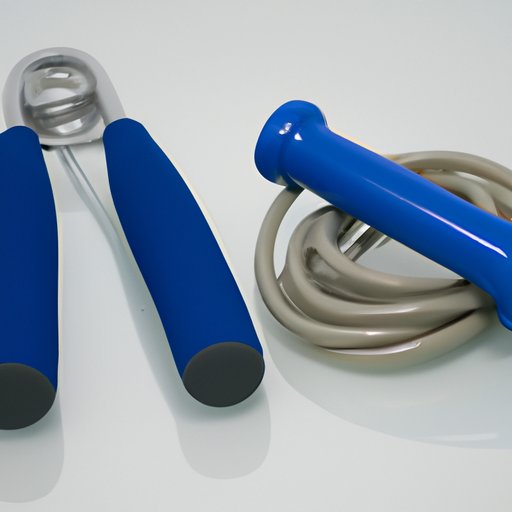
I. Introduction
Arthritis is a widespread medical condition that affects millions of people worldwide. It is characterized by inflammation and tenderness in the joints, which can result in pain, stiffness, and limited mobility. The purpose of this article is to explore different approaches to treating arthritis, from conventional methods to natural remedies and lifestyle changes.
II. Understanding Arthritis: Causes, Symptoms, and Diagnosis
Arthritis refers to a range of conditions that affect the joints and musculoskeletal system. The most common types include osteoarthritis, rheumatoid arthritis, and psoriatic arthritis. Arthritis can be caused by a multitude of factors, including genetics, age, injuries, and infections. Common symptoms associated with arthritis include pain, stiffness, swelling, and reduced range of motion. Diagnosis of arthritis typically involves a physical exam, medical history review, and imaging tests, such as X-rays or MRIs.
III. Conventional Treatments for Arthritis: Medications and Therapies
Conventional treatments for arthritis aim to manage symptoms and slow the progression of the disease. Medications such as nonsteroidal anti-inflammatory drugs (NSAIDs) and disease-modifying antirheumatic drugs (DMARDs) are commonly prescribed. Physical therapies, such as physical therapy and occupational therapy, are also used to manage arthritis symptoms. While conventional treatments can be effective, they may also come with side effects and limitations.
IV. Lifestyle Changes: Diet, Exercise, and Stress Management
Lifestyle changes can play a significant role in managing arthritis symptoms. A healthy diet rich in anti-inflammatory foods, such as fruits and vegetables, can help reduce inflammation in the body. Regular exercise, such as walking or swimming, can help improve joint mobility and flexibility. Stress management techniques, such as meditation and deep breathing, can also help reduce inflammation and alleviate arthritis pain.
V. How Supplements and Alternative Treatments Can Help Alleviate Arthritis Pain
Supplements such as glucosamine and chondroitin can help alleviate arthritis pain and reduce joint inflammation. Alternative treatments such as acupuncture and massage therapy can also be effective for managing arthritis symptoms. While not all alternative treatments have been scientifically proven, some individuals may find them helpful for managing their pain and improving overall well-being.
VI. Natural Remedies for Arthritis: Essential Oils, Acupuncture, and Massage Therapy
Essential oils such as ginger, turmeric, and frankincense can be used topically or diffused to help reduce inflammation and alleviate arthritis pain. Acupuncture involves the use of tiny needles that stimulate specific points on the body to alleviate pain and promote healing. Massage therapy can help reduce muscle tension and improve joint mobility, leading to decreased arthritis pain.
VII. Coping with Arthritis: Support Groups and Mental Health Resources
A diagnosis of arthritis can be challenging, and some individuals may need mental health support to cope with the emotional aspects of the condition. Joining a support group or seeking out mental health resources such as counseling or therapy can be beneficial for those living with arthritis.
VIII. Tips for Managing Arthritis Symptoms at Home: Ergonomic Tools and Adaptive Devices
Adaptive devices such as jar openers and reachers can help individuals with arthritis perform daily tasks with greater ease. Ergonomic tools, such as pens with larger grips or ergonomic keyboards, can help reduce strain on the hands and joints.
IX. Conclusion
While there is no cure for arthritis, it is possible to manage its symptoms and improve overall quality of life. By exploring different treatment options, such as conventional medication, lifestyle changes, supplements, and alternative therapies, individuals with arthritis can find an approach that works best for them. Seeking out mental health support and using adaptive devices can also be helpful for managing arthritis symptoms and maintaining independence.





